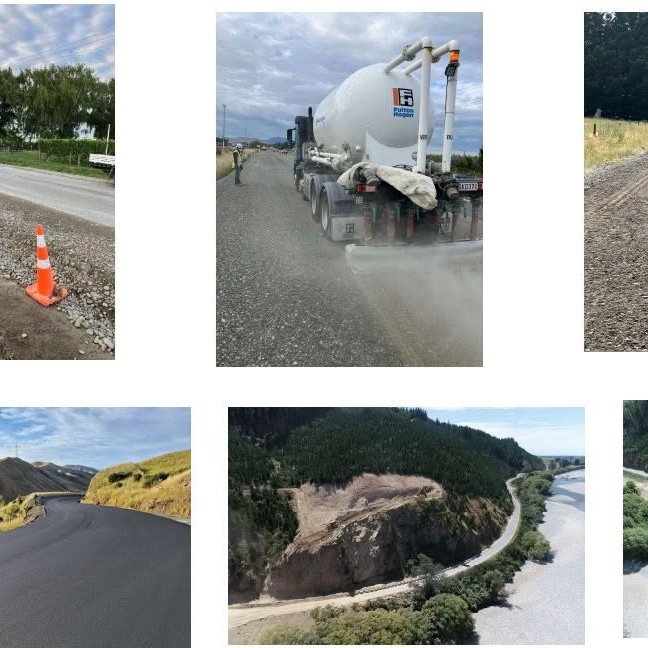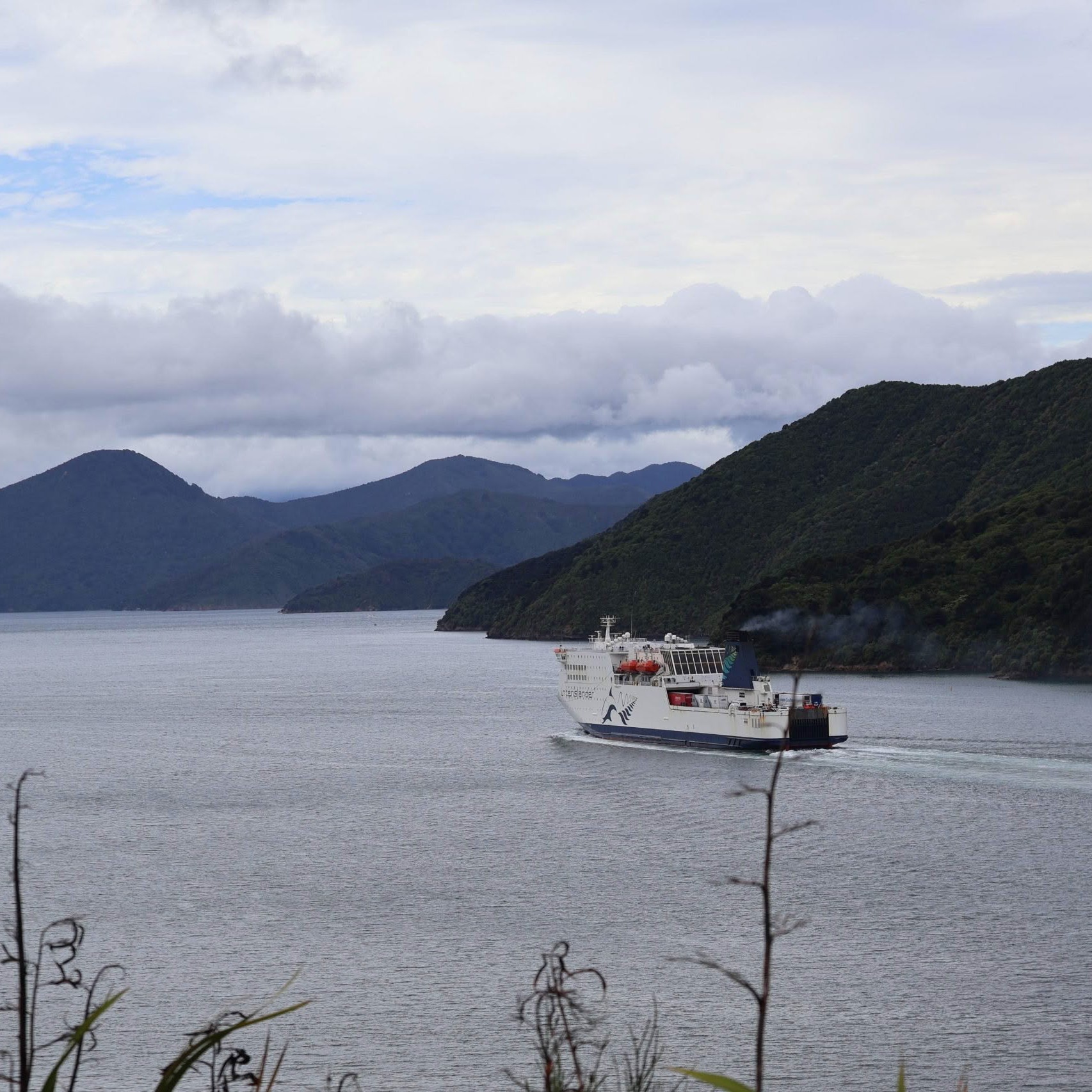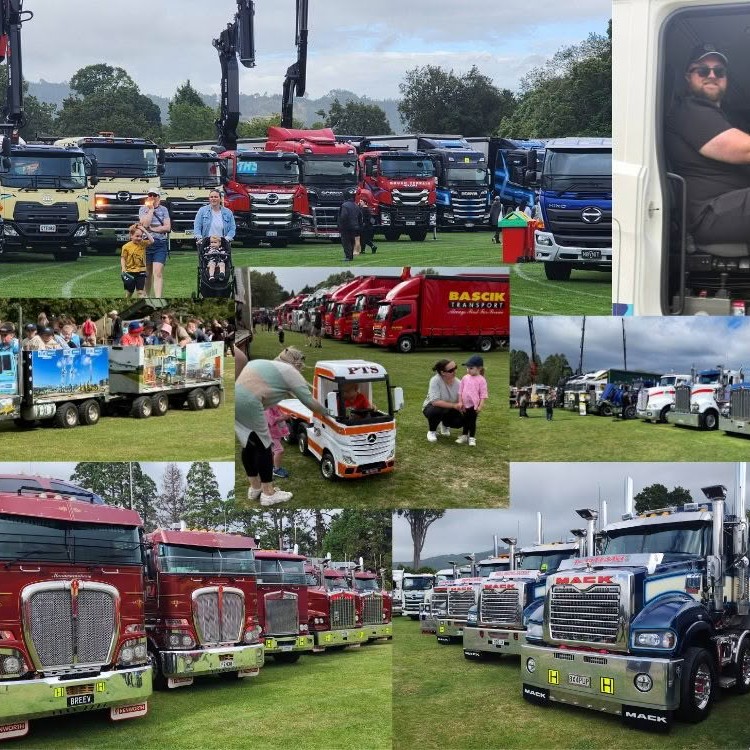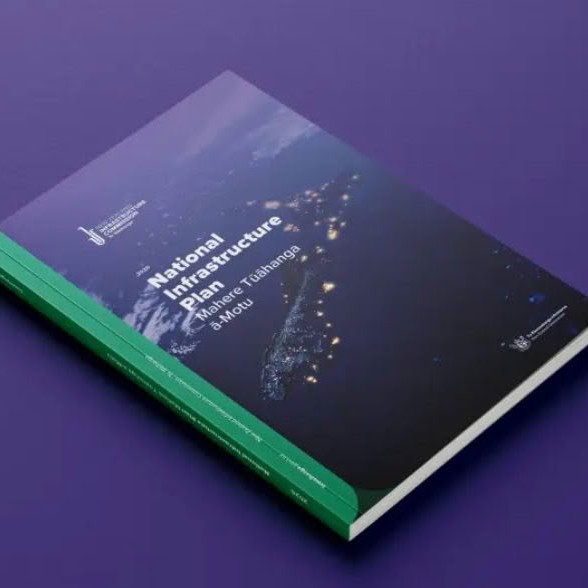
National road freight association Transporting New Zealand is welcoming a dramatic fall in temporary traffic management spending and excessive road cone use.
This is as the Minister of Transport shared data showing over a quarter of inspections found temporary traffic management on local roads was “completely redundant”.
The Minister of Transport recently announced that the cost of managing traffic on state highway maintenance projects has fallen from 15.8 per cent to 8.8 per cent, while state highway capital project traffic management costs have dropped from six per cent to 2.3 per cent since the Government came into office.
This was achieved through NZTA moving from a prescriptive Code of Practice to a more pragmatic and risk-based NZ Guide to Temporary Traffic Management.
At Parliamentary Question Time today, Minister Bishop cited figures from quarter 3 this year that showed of 12,000 inspections of temporary traffic management on local roads, over 3,000 were found to be completely redundant. The Minister stated that people were driving past road cones and temporary traffic management that had no merit at all – a waste of driver time and taxpayer money.
Transporting New Zealand Head of Policy & Advocacy Billy Clemens says that the data confirms what road freight members have been reporting anecdotally for some time – there are too many cones on the roads where there don’t need to be.
“We congratulate the Minister and NZTA for taking practical steps to reduce temporary traffic management spend in a way that keeps road workers and road users safe. It’s also great to see councils being compelled to do the same.”
“There is huge pressure on the National Land Transport Fund at the moment. We need all transport spending on maintenance and improvements to be achieving results.”
“Redundant road cones and temporary traffic management needlessly slows vehicles down. With almost 93 per cent of the freight task being transported by road, unnecessary delays end up costing all businesses and consumers dearly.”
“It also contributes to driver frustration, and can contribute to lead to unacceptable abuse and road rage directed at hard working road workers. With a pragmatic, risk-based approach we can keep road users safe and keep traffic moving.”





